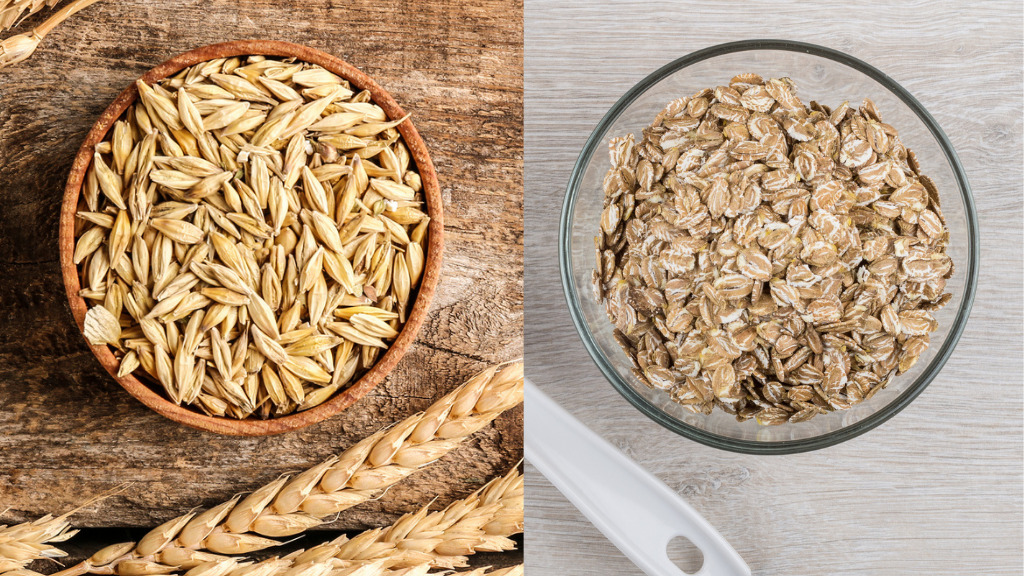Rye is used in many drinks and foods to improve flavor or give a noticeable punch. People make rye bread to create a unique flavor. They can also do the same with beers of all types. While rye isn’t used for most beer, it is prevalent in some particular types.
However, homebrewers are experimenting with rye in their homes for fun. Anyone who is a beer brewing enthusiast and hasn’t used rye yet is encouraged to try it. There are many basic recipes and suggestions out there, but the following information will help you better understand this method of improving or modifying a beer’s flavor.
Rye in Beer
Rye has historically been used in beer making mainly for its unique taste. Be careful when using it because it can overpower the flavor and render the beer undesirable. When adding rye to your beer, start with 10-20%, then gradually increase to reach the appropriate flavor.
Types of Beer Rye
Rye is highly effective for changing the flavor and profile of a beer. It’s specifically used in the beer’s malt and meant to replace parts of the grain to provide a more prominent, spicy rye flavor.
It provides a solid foundation for creating a flavor that many people enjoy. You find rye in many types of German beer, and it gives a dry finish that’s very distinctive and pronounced. The kind of rye you use when making beer can affect how it turns out.
Rye Malt

Rye malt is a dry germinated huskless cereal grain with the enzymes still in place. Those enzymes will break down any starches into fermentable sugars during beer fermentation—Rye malt has a spicy, intense flavor and is golden to orange.
Malted Rye grain is designed to create a specific flavor when brewing beers. It’s especially prevalent in IPAs and pale ales. The flavor profile depends on how much rye you use in the grist and can be modified to suit your tastes.
While the amount of enzyme-rich malted grains added to grist is based on personal taste, it’s widely argued that the portion of rye malt in your batch should be no more than 5% to create a unique flavor profile that many people strive to achieve when they brew their creations.
Uses
One popular style that relies on rye is the German Roggenbier. While you won’t generally find this rye beer in most large chain stores, it’s sometimes found at beer specialty establishments and breweries across the country.
Flaked Rye

Flaked grains are easier to use because you won’t have to mill them before grinding. They dissolve quickly in the cracker-like crisp. Because of its strong flavor, we recommend you gradually introduce it, starting low and increasing up to a max of 40%.
Using rye flakes is a simpler alternative to the rye malt version because they don’t need to go through extra steps. You can begin using it to create mash without running it through a malt mill.
Uses
In terms of flavor, it has a distinctly crisp taste that some beer experts would classify as strong and potent. Some common uses for this type of rye would be for Imperial style ales and beers, and you should use it in quantities of up to 20%, although most feel using half or less is ideal for getting the right flavor in the finished product. Some other uses for flaked rye could include the following:
- India Pale Ales
- Scottish ales
- Harvest rye ale
This particular type of rye is worth experimenting with to find just the right balance for personal preferences. While some great guidance recipes are out there, ultimately, the balance and what works best are up to the person brewing the beer.
Some tips to ensure you get the best results include fermenting the yeast at the ideal temperature. Most people choose the range between 66 and 69 degrees Fahrenheit. Additionally, some people suggest using rice hulls to prevent getting stuck mashes and help make the process go smoothly.
Summary
The type of rye you use to brew beer depends on the kind of beer you’re trying to create. You can also use it as a specialty grain to fine-tune your batches with its prominent flavor and spiciness. If you haven’t considered using rye or you’ve been hesitant, now is the best time to experience that earthy rye taste and the perceivable differences it will bring to your next batch.
While results vary depending on whether you use flaked rye or malted rye, you’ll decide which you like more with some experimentation. But, flavor-wise, it’s a rule of thumb to go with flaked rye for a drier, crisper flavor and malted rye for a spicier flavor.

